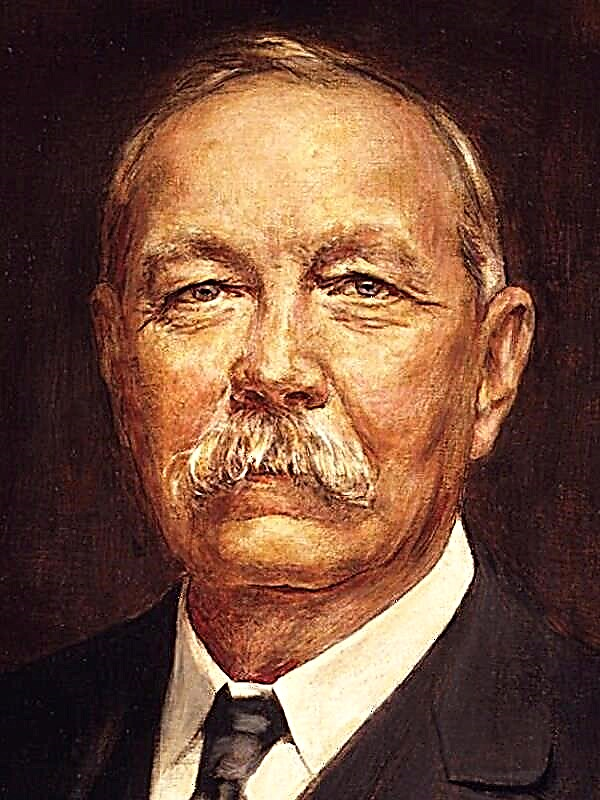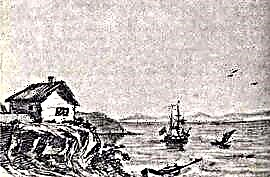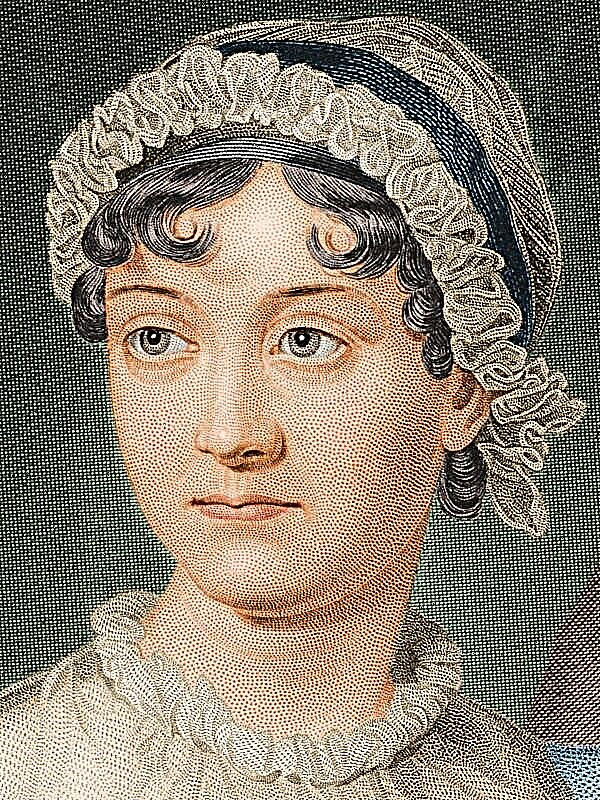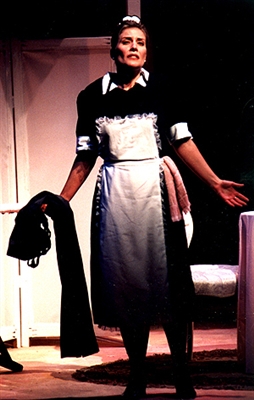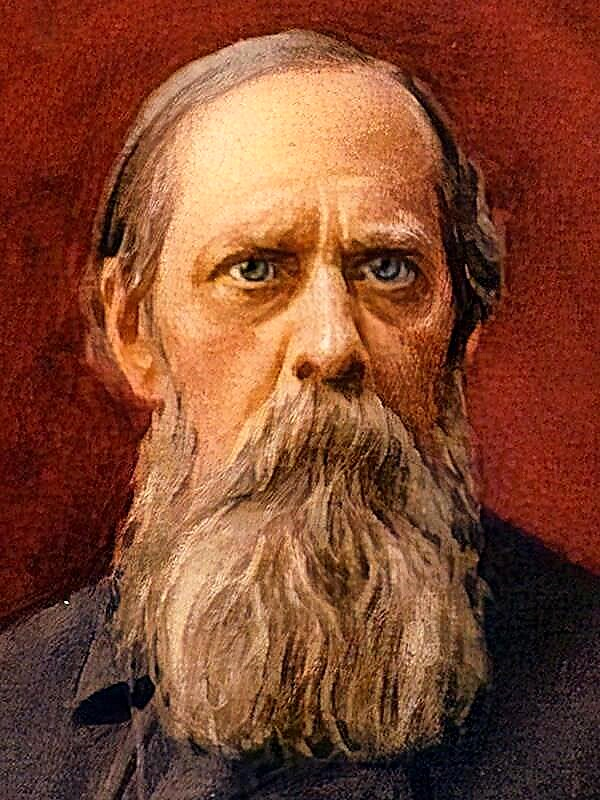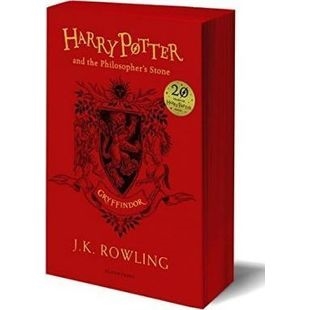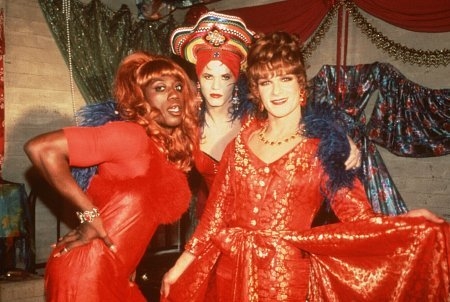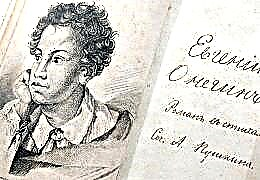(347 words) The genre of a literary work plays a huge role in creating a particular poem, tragedy or novel. Features of the genre affect the plot and construction of the text, as well as the behavior of the characters and the outcome of events. That is why it is important to clearly understand to which variety the work belongs. Nevertheless, fiction knows such cases where it is difficult for the reader to conclude which genre a poet or writer nevertheless chose. One of such examples is the play of the Russian playwright A.P. Chekhov's "Cherry Orchard".
Anton Pavlovich himself called "The Cherry Orchard" a comedy. But is it worth it to approach this issue so categorically? Of course, it is difficult to give an unambiguous answer to the question of which genre this work belongs to, since it combines features and farce, and lyrical comedy, and tragedy.
Despite doubts, it is worth trusting the author of the play, since A.P. Chekhov depicts heroes in a comic form. It’s enough to recall the tricks of Charlotte Ivanovna, the conversations of Gayev and his sister Ranevskaya with the furniture and rooms of their father’s house, as well as “twenty-two misfortunes” or the absurd Epikhodov. The image of Petya Trofimov is also considered to be noteworthy: the young man thinks he is almost a philosopher, he dares to express shocking ideas of human relationships for representatives of the older generation (“We are above love!”). At the same time, Trofimov remains an “eternal student” who is not subject to even caring for his own galoshes.
It is important to note that most of the characters in the work contradict themselves. For example, Gaev, saddened by the sale of his house, when he heard the usual knock of hitting billiard balls, instantly perked up and forgot about all the troubles around. Such behavior of the characters suggests the tragicomic nature of the play. On the one hand, they are really overshadowed by the upcoming felling of the cherry orchard, but on the other ... their bitterness and regret at the loss of their beloved and native home are so fleeting. That is why it is difficult for the reader to decide: to laugh or cry over a book. The image of Firs is ambiguous. This hero personifies the image of the obsolete Russian Empire. It would seem that he should be regretted, since the gentlemen, in spite of his devotion, completely forgot about him. But Chekhov understood that the country needed changes in any case, which means that he did not have a clear goal to cause tears in us due to the death of Firs.
Thus, the play A.P. Chekhov's “Cherry Orchard” can be recognized as tragicomedy or comedy, as the author himself believed.

